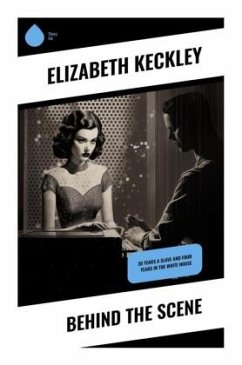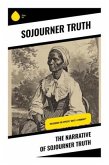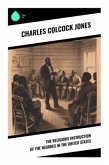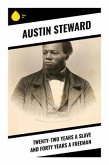In "Behind the Scenes," Elizabeth Keckley presents a poignant memoir that offers a rare glimpse into the lives of the elite during the Civil War era, particularly through her unique position as Mary Todd Lincoln's dressmaker and confidante. With a style that blends personal narrative with socio-political commentary, Keckley unveils the intricacies of life in the White House juxtaposed with the struggles of the enslaved community. This work is particularly significant for its candid reflection on issues of race, class, and gender, making it an essential text in the study of American history and women's literature of the 19th century. Elizabeth Keckley, born into slavery in Virginia before gaining her freedom, was an accomplished seamstress and a keen observer of human nature and social mores. Her experiences, including her challenges in the antebellum South and the complexities of her relationship with Lincoln, profoundly shaped her insights. Keckley was not only a voice of her time but also an advocate for the rights of African Americans, which adds depth to her narrative and makes her perspectives particularly vital and timely. "Behind the Scenes" is a compelling read for anyone interested in the intersections of race, history, and women's voices in America. Keckley's courage and eloquence invite readers to reconsider the narratives often excluded from historical discourse, making this memoir an indispensable addition to the canon of American literature.
Bitte wählen Sie Ihr Anliegen aus.
Rechnungen
Retourenschein anfordern
Bestellstatus
Storno








